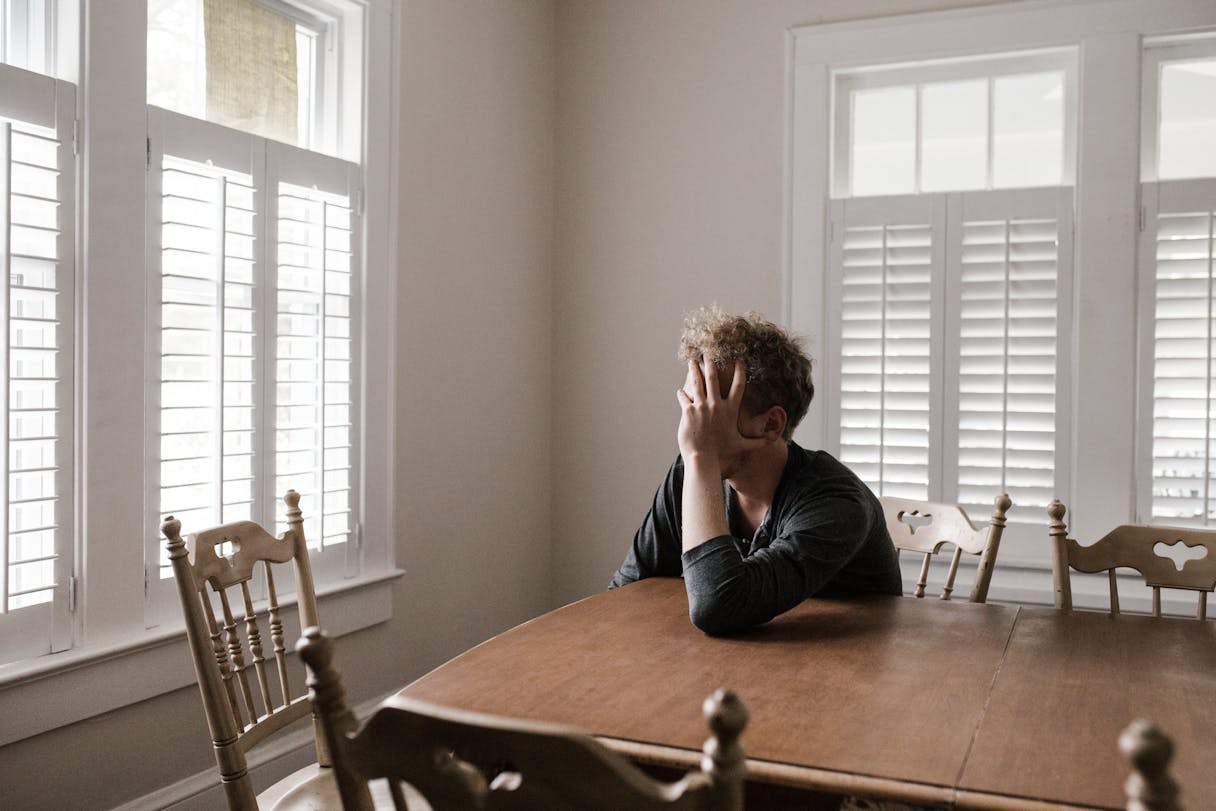For many Americans suffering from mental health issues, finding the right clinician can seem like an insurmountable challenge.
This problem is exacerbated by the lack of clinicians who can serve the staggering number of Americans coping with psychiatric conditions. An estimated 1 in 5 adults in the U.S. have experienced a mental illness, and 1 in 20 experienced a serious mental illness (SMI) in 2020. Indeed, only 46.2 percent of individuals suffering from mental illnesses in this study received treatment.
In our State of Care report we looked at why so few people are able to access care and found that it often comes down to a few key factors: cost of care, lack of providers who take insurance or are in-network, long wait times for an appointment, clinician fit (e.g., cultural, stylistic, etc.), and clinician availability. We examined each of these concerns in depth in our report and in our companion blog post in September, but today we’d like to highlight perhaps the most nebulous and hard to measure of all those issues: clinician fit.
Why We Need Clinician Fit
Mental health treatment is a very personal process, one that is most beneficial only if a patient is comfortable to fully engage in their treatment. Unlike some medical specialties like surgery or radiology where bedside manner is relatively less important, mental health care requires a personal connection between patient and provider.
This predicament is doubly-true for minority populations, who already suffer from lack of representation among mental health clinicians. Many black, Hispanic, and LGBTQ patients, among others, often report that they are unable to find a mental health care provider who comes from a similar background, or who can relate to their experiences. The mental health care profession is predominantly white, leaving patients from diverse backgrounds at risk of feeling uncomfortable or at least hesitant to begin treatment.
Clinician Matching and How it Can Help
This is why it is so important to feel comfortable with your mental health care provider. As digital-only providers are not bound by location restrictions, telehealth companies already have access to a more diverse set of mental health care professionals than brick-and-mortar peers provide. Instead of just matching patients based purely on availability, telehealth companies can take into account patient preferences.
Clinicians can be assigned to patients based on their familiarity with specific conditions like anxiety, bipolar disorder, or schizophrenia. More personal factors like ethnic background, age range, and gender can also be factored in if patients wish. These preferences can be determined by a simple questionnaire.
Why it Matters
Improving clinician fit ultimately improves treatment, by helping patients feel comfortable and allowing it to begin more quickly, a critical consideration in serious mental illnesses cases where self-harm is a danger. And, by measuring and tracking how patients respond to providers that more closely align with their preferences, we believe we can make a fundamental improvement in outcomes.
Clinician fit is yet another example of how telehealth can be a solution to issues that have been a hurdle for patients and providers alike for decades. With the right tools for patients and clinicians, we can reinvent the field and deliver on our mission to broaden access to mental health care for all.

Why Can’t We Talk About Suicide?

The State of Mental Health Care in 2022: Where are We?

How Cerebral Is Improving Response Times to Help Patients in Crisis

Call 911 if you’re having a
mental health emergency
Text Home to 741-741 if you're in emotional
distress and need immediate support
Call or text 988 Suicide &
Crisis Lifeline. Chat service
is available at 988lifeline.org.